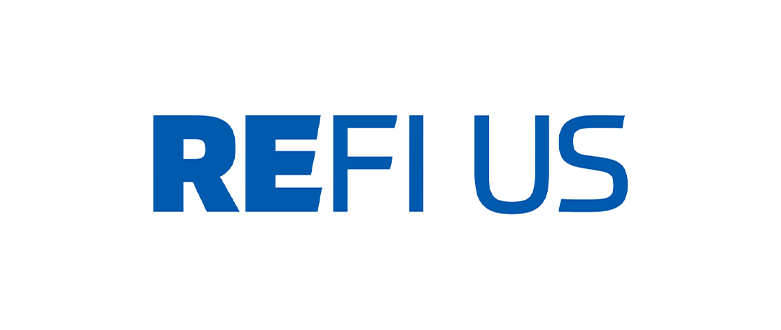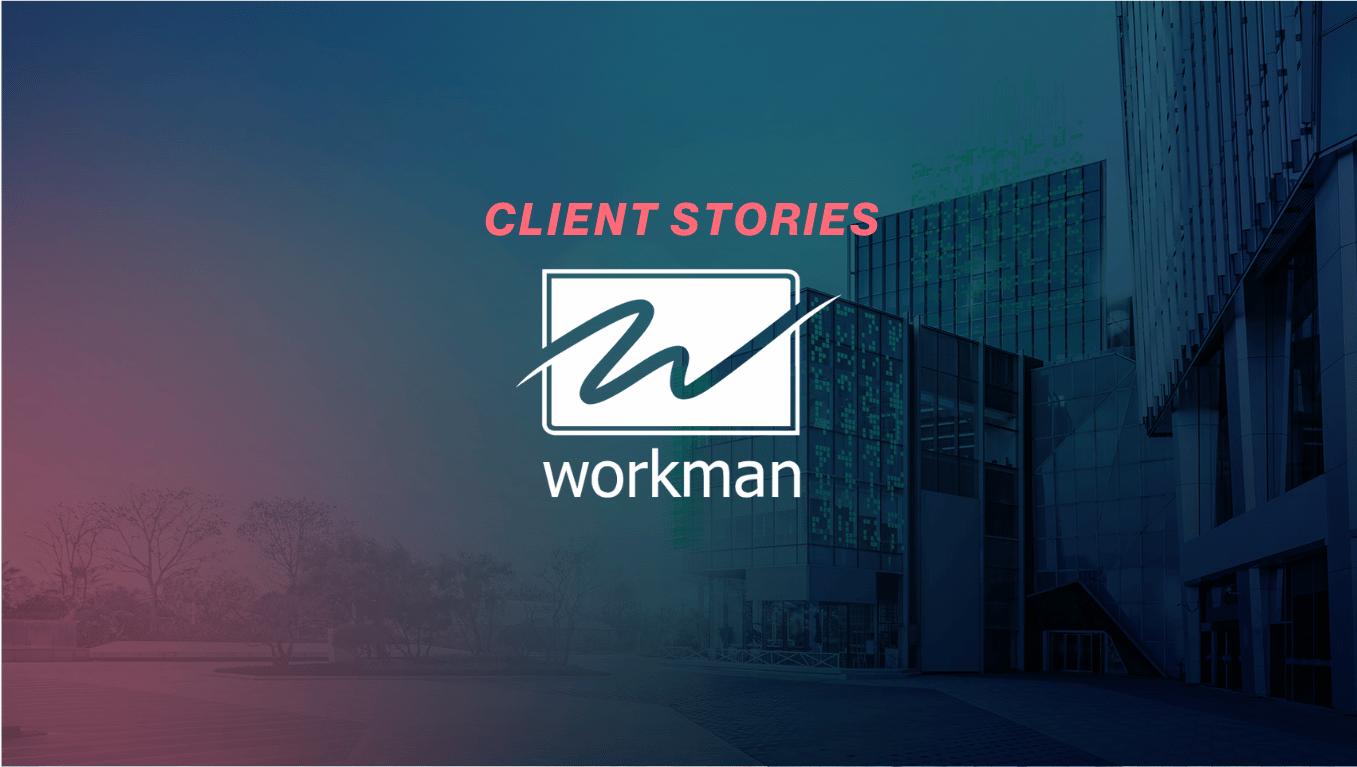Fund managers are hoping to use the acquisition and asset management platform to obtain a more consistent, accurate data snapshot amidst global volatility.
Coyote Software, a London-based commercial real estate acquisition and asset management platform, is seeing a deluge of inquiries from real estate fund managers who want to use the company’s software to get a more up-to-date snapshot of their property portfolio. The inquiries come against a backdrop of severe economic volatility stemming from the global coronavirus pandemic, said Oli Farago, founder and CEO.
Some fund managers are concerned that their remote and mobile working strategies aren’t as up to date as they should be while others are evaluating Coyote and other web-based tools to be able to access data at anytime, anywhere. “We’re also seeing a small number of clients who are in the middle of a sales process and are trying to figure out what’s going on in the world”, Farago said.
Even prior to the coronavirus outbreak, the company began to see a shift in expectations from institutional and individual investors who made it clear that they wanted regular, consistent data about their portfolios. “Historically, these investors were happy to rely on bi-annual or quarterly reporting. But now investors are asking more questions and are expecting to get answers quickly,” Farago said.
The company recently opened an office in New York and sees the US as an exciting market where it hopes to build a substantial footprint. Coyote is hoping to sign up a handful of clients and work through transitioning its system for the specific need of US clients, Farago said
The company got its start as the in-house platform of M7 Real Estate, where Farago was the chief technology officer. “We started that business in 2009 and, with nothing in the market to buy that suited our needs, we took the decision to build it ourselves,” Farago said.
The software helped M7 Real Estate to expand its platform substantially and, in 2017, Farago pitched the idea of creating a stand-alone company to sell its services to other fund managers.
Some pockets of the real estate market continue to be slow adopters of technology.
“The biggest challenge is that people are so used to working in a certain way and have built up incredibly big and successful businesses without using the latest and greatest technology,” Farago said.
“We’re working to help them to realise that they can be more efficient through technology. That said, there can be a reticence and we sometimes hear, ‘We’ve done pretty well, thank you very much’. I think being able to break down that barrier and show the industry that we’re not here to disrupt, we’re literally here because we understand the pain points and want to make things easier.”
This article originally appeared on REFI US, on Friday 13th March 2020.





